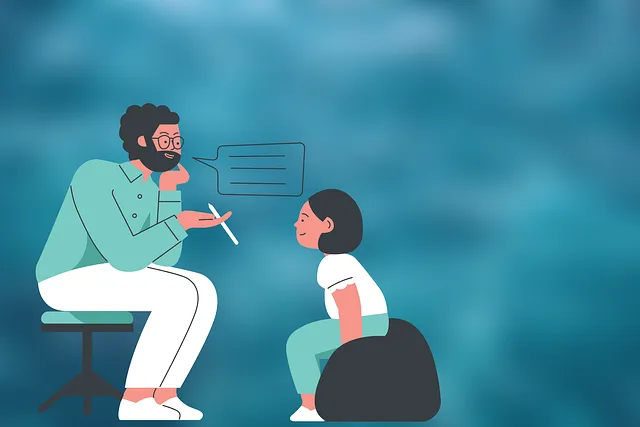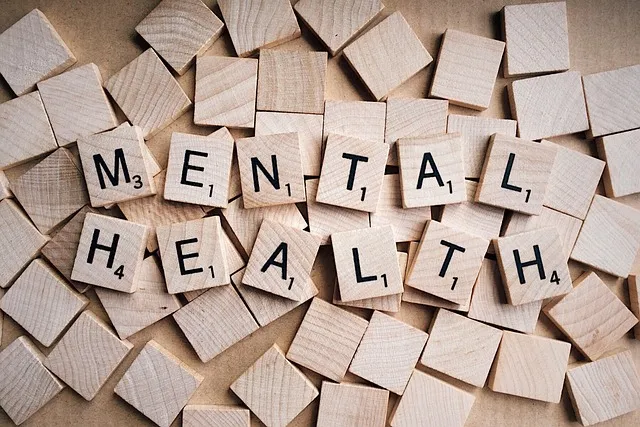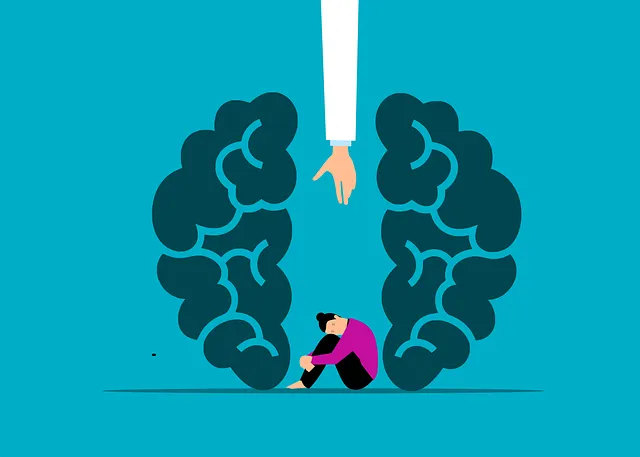The Kaiser Permanente mental health facility in Lafayette prioritizes crisis intervention with immediate support, comprehensive education programs, and compassion cultivation practices. They advocate for mental health policy analysis to drive systemic improvements. Through trained assessment, mental wellness journaling, open communication, and integrated strategies, the facility de-escalates crises, builds trust, and fosters a community culture of continuous mental wellness improvement. Post-crisis, extended support, cultural sensitivity training, and inner strength development ensure long-term well-being at Kaiser Permanente mental health facilities like Lafayette.
“At Kaiser Permanente Mental Health Facility Lafayette, crisis intervention plays a vital role in patient care. This article provides comprehensive guidance on effective strategies for navigating crises. We explore key aspects such as understanding the context of crisis intervention at our facility, assessing signs and triggers, employing robust communication techniques, and implementing post-crisis support measures to prevent future incidents. By delving into these practices, we aim to enhance care delivery and ensure patient safety.”
- Understanding Crisis Intervention at Kaiser Permanente Mental Health Facility Lafayette
- Assessing the Situation: Identifying Signs and Triggers
- Implementing Effective Communication Strategies
- Post-Crisis Support and Preventive Measures
Understanding Crisis Intervention at Kaiser Permanente Mental Health Facility Lafayette

At Kaiser Permanente Mental Health Facility Lafayette, crisis intervention is a cornerstone of patient care, designed to provide immediate support during acute mental health crises. This approach recognizes that timely and effective interventions can significantly mitigate harm and facilitate recovery. The facility leverages a comprehensive Mental Health Education Programs Design that equips both patients and caregivers with coping strategies and resources to navigate challenging situations.
Through compassionate and skilled delivery of Compassion Cultivation Practices, the Lafayette team creates a safe, supportive environment where individuals in crisis can stabilize and begin their path to healing. Furthermore, the facility’s commitment extends beyond immediate care, as it actively engages in Mental Health Policy Analysis and Advocacy, ensuring that systemic improvements are made to better support mental health services both locally and nationally.
Assessing the Situation: Identifying Signs and Triggers

When providing crisis intervention at a Kaiser Permanente mental health facility like Lafayette, assessing the situation is paramount. The first step involves identifying signs and triggers that hint at an impending or ongoing mental health crisis. This can include sudden changes in behavior, such as extreme irritability, social withdrawal, or drastic shifts in mood. Additionally, specific verbal cues or non-verbal signals from the individual in distress may indicate a need for immediate attention.
Professionals at Kaiser Permanente are trained to recognize these subtle and not-so-subtle signs through regular Mental Wellness Podcast Series Production and continuous learning. They also encourage patients to engage in Mental Wellness Journaling Exercise Guidance as a proactive measure, helping them track their emotions and triggers. By fostering open communication and equipping individuals with tools for mental wellness, facilities like Lafayette can better navigate crises and provide timely support.
Implementing Effective Communication Strategies

At a Kaiser Permanente mental health facility in Lafayette, effective communication strategies are integral to crisis intervention. The first step involves actively listening to the individual in distress, ensuring they feel heard and understood. This empathetic approach can be life-saving, as it helps de-escalate situations and builds trust between the caregiver and patient.
The facility leverages both traditional and innovative methods, such as mental wellness podcast series production, to promote self-care practices and open dialogue about mental health. By integrating these strategies, the Kaiser Permanente Lafayette team not only provides immediate crisis intervention but also fosters a culture of continuous support and improved mental wellness among its community.
Post-Crisis Support and Preventive Measures

After an individual has successfully navigated a crisis, providing ongoing support and implementing preventive measures is vital for long-term well-being. At Kaiser Permanente mental health facilities like the one in Lafayette, professionals understand that recovery is often a continuous process. This includes offering extended therapy sessions to reinforce coping strategies, ensuring individuals have access to resources for continued care, and fostering a sense of community.
Integrating Cultural Sensitivity in Mental Healthcare Practice and providing Healthcare Provider Cultural Competency Training are key components of effective post-crisis support. Recognizing and respecting diverse cultural backgrounds empowers individuals to share their unique experiences and receive tailored assistance. Additionally, promoting Inner Strength Development encourages resilience and self-reliance, enabling individuals to better manage future challenges.
Crisis intervention at the Kaiser Permanente Mental Health Facility in Lafayette is a comprehensive process that involves understanding, assessing, and responding to individuals in distress. By identifying signs and triggers through careful assessment, healthcare professionals can implement effective communication strategies tailored to each unique situation. Post-crisis support and preventive measures are vital to ensuring long-term well-being, fostering resilience, and preventing future crises. The Kaiser Permanente Mental Health Facility Lafayette serves as a model for crisis intervention, offering guidance that is both practical and life-saving.






